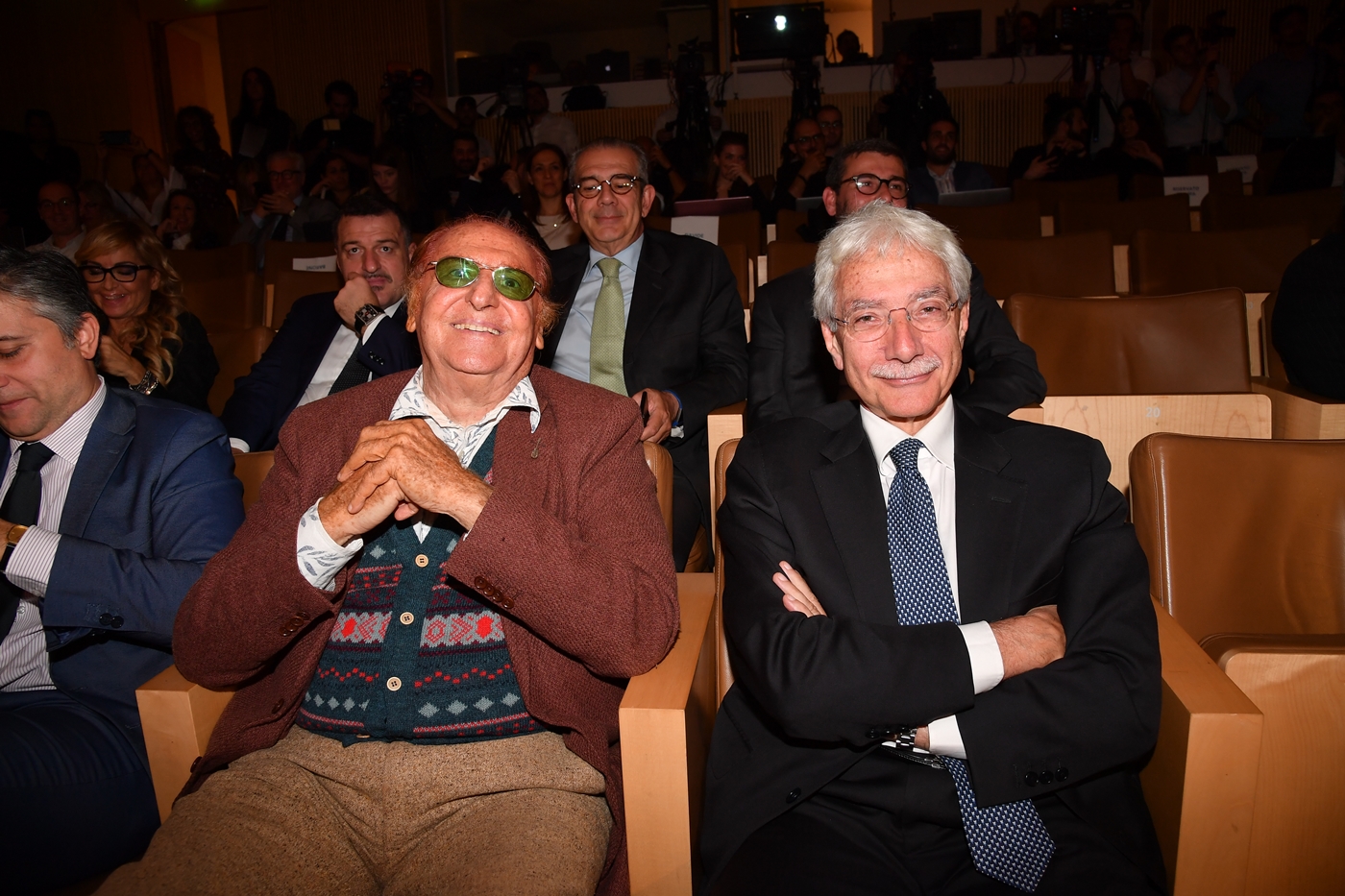Yesterday, as Parliament discussed and approved Italy’s international missions, minister of the interior Luciana Lamorgese was in Tripoli to discuss a series of matters crucial to both nations, including irregular migration management, migrant centres, police training and border security.
The fact that this was Ms. Lamorgese’s first post-lockdown trip abroad speaks volumes about the immense importance of the Libyan dossier in Rome’s eyes; tellingly, she was accompanied by Gianni Caravelli, head of Italy’s foreign intelligence.
This has happened three days after an EU agreement (between Italy, the EU Commission and the rotating EU presidency, now German) to promote a cooperative migration strategy between European border countries and North African nations – a project not unlike the EU’s current deal with Turkey. Ms. Lamorgese’ office didn’t forget to mention that the project is still in need of massive European funding.
The strategic collaboration between Italy and Libya includes migration oversight (as the migratory route between the two countries is one of the busiest in the world) as well as counterterrorism efforts. Italy has been aiding Libyan bodies such as its police and Coast Guard in an attempt to partially outsource the politically incendiary matter of migrant management. The way they achieve this is via Libyan “rescue” and detention of migrants in exchange for Italian funding and help.
The Italian parliamentary majority suffered some serious internal dissent as it went on to renew Italy’s funding and training of these Libyan forces, which have been criticised by the likes of the UNHCR and Human Rights Watch over their handling of migrants placed in detention centres.
Ms. Lamorgese, a democrat, stressed the need to evacuate migrants from such centres, which are run by the Libyan government, through “humanitarian corridors organised by the EU and managed by UN agencies IOM and UNHCR.” But her words are undermined by years of humanitarian abuses in Libya, often caused by that same Libyan government that Italy has vowed to fund and train.
Of course, there is no such thing as an international consensus on the very notion of Libyan government. The UN has recognised Fayez al Serraj’s Tripolitan government, but a group of international forces have supported his warlike rival, general Khalifa Haftar. Russia and the UAE aided the latter with actual – albeit flagless – military support, and countries such as Egypt, France and Saudi Arabia have helped him more quietly, according to Brookings.
Following years of civil war, general Haftar has been relegated to the oil-rich east of the country, but the risk of escalation hasn’t disappeared, especially following the presence of Russian warplanes and mercenaries (Wagner Group, also operating in Ukraine and Syria) in the area. Moreover, Mr. Serraj’s government is far from effectively controlling the rest of the nation due to the presence of paramilitary factions, even as Turkey grants him logistical assistance.
As underlined by Gabriele Natalizia’s expert voice (found in professor Antonello Folco Biagini’s recently published book), former US president Barack Obama’s greatest geopolitical regret was that of not being able to set out a proper Libya strategy after NATO’s killing of Colonel Muammar Gaddafi in 2011. Mr. Natalizia also writes about the impossibility to separate the Libyan crisis from that of the liberal world order; thus, what happens there may only be understood within the context of shifting global power structures.
Certainly, there is a power vacuum to be filled as the US retreats from the world stage. Current US president Donald Trump has not expressed a definitive line on Libya and he might not do so in the future, given the November election. His administration has limited itself to condemning the Russian presence in the area, calling it an “accelerator of violence” and noting that the strategic problem is “in front of Sicily”, which is of crucial importance for the US and NATO.
Enter the UN, which has imposed an arms embargo on Libya in an attempt to stabilise the region. The EU’s naval mission Irini and NATO’s operation Sea Guardian are instrumental in controlling that this embargo is enforced in the Mediterranean. The latter mission was stunted by a recent conflict between NATO allies France and Turkey, at odds over Ankara’s suspected weapon smuggling to Mr. Serraj as well as its role in unwarranted drilling operations in the Eastern Med.
Italy has vowed to direct and support EU mission Irini as well as contribute to NATO’s Sea Guardian, thus aligning with the official Western line. However, its close links with Libya – geographical proximity, energy interests, and migration to cite a few – had Rome keeping in touch with both warring factions. Back in January, Italian prime minister Giuseppe Conte even tried to meet Mr. Serraj and Mr. Haftar during the same day without a warning, causing discontent on the UN-backed side.
Nonetheless, Italy’s official line on Libya, as recently expressed by foreign minister Lorenzo Guerini, is that of enforcing the arms embargo as a mean to foster internal talks aiming for a peaceful resolution of the conflict








